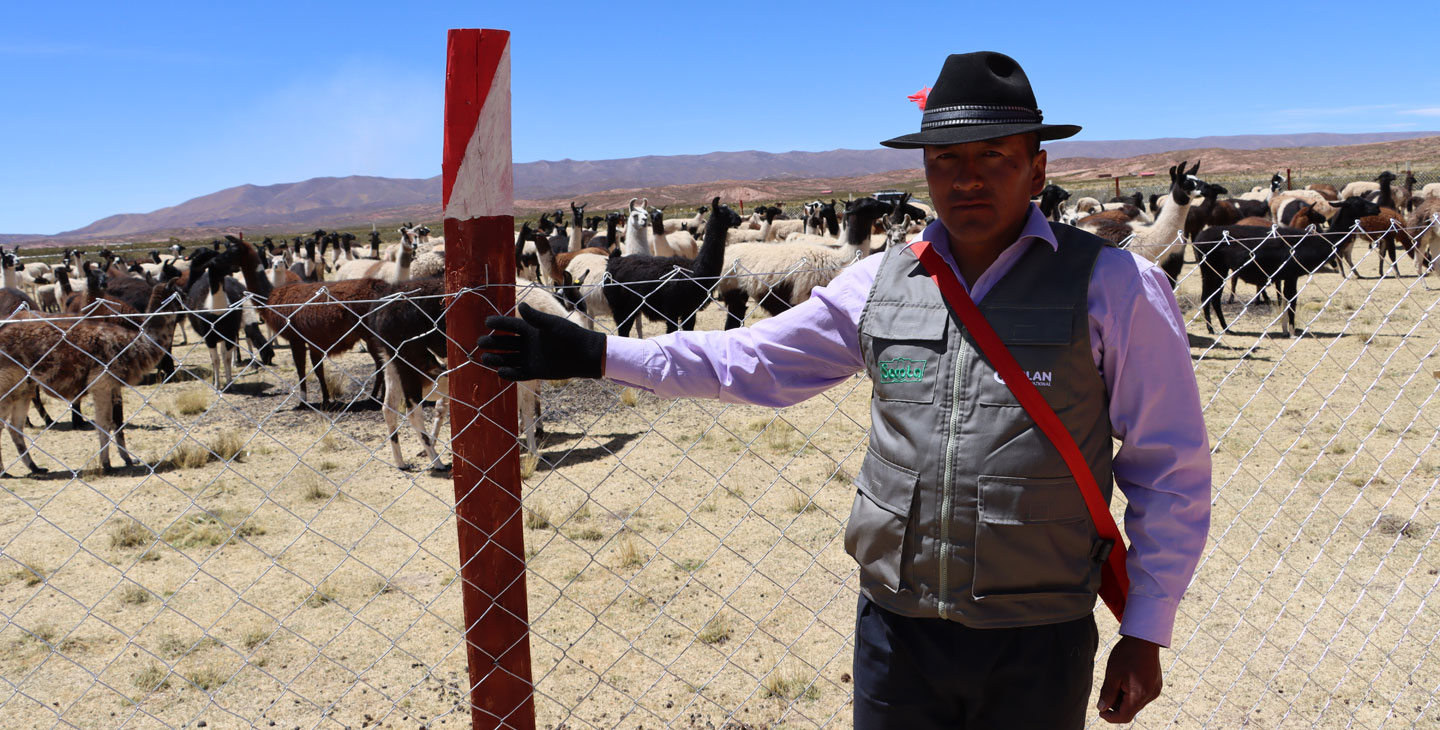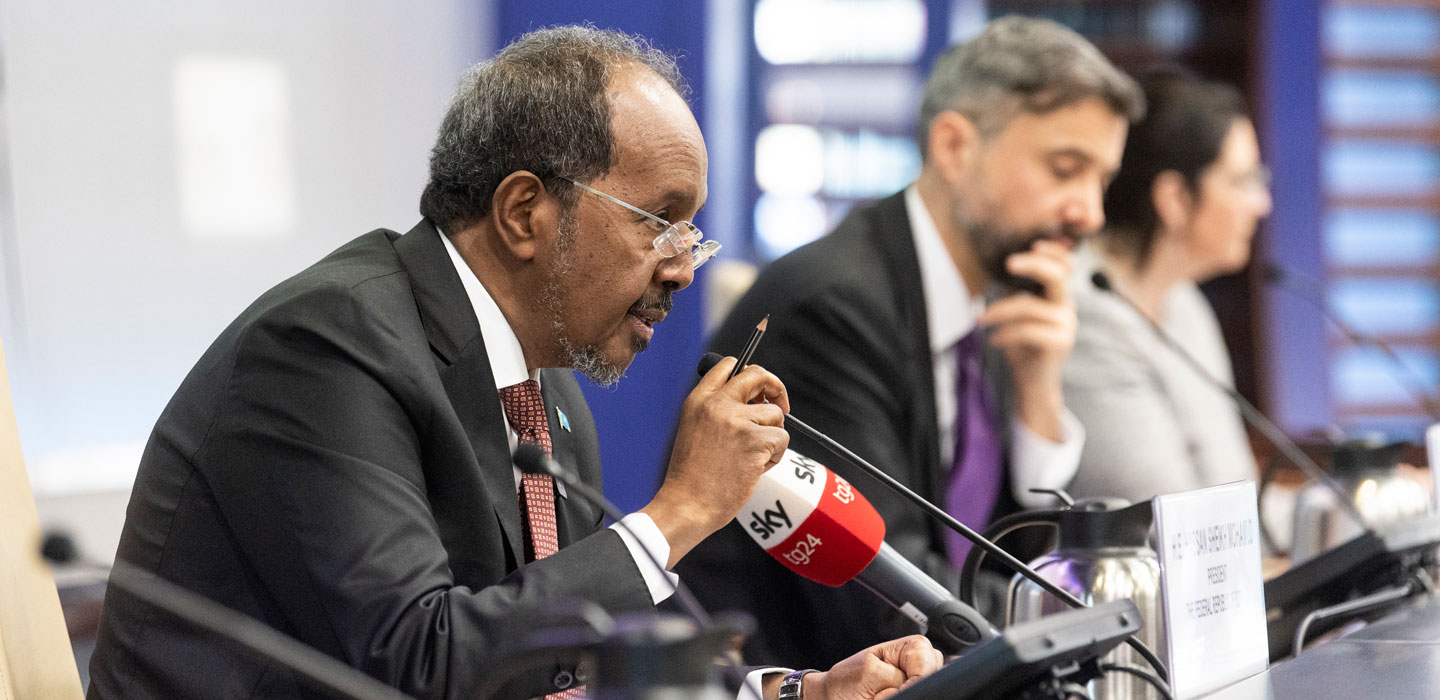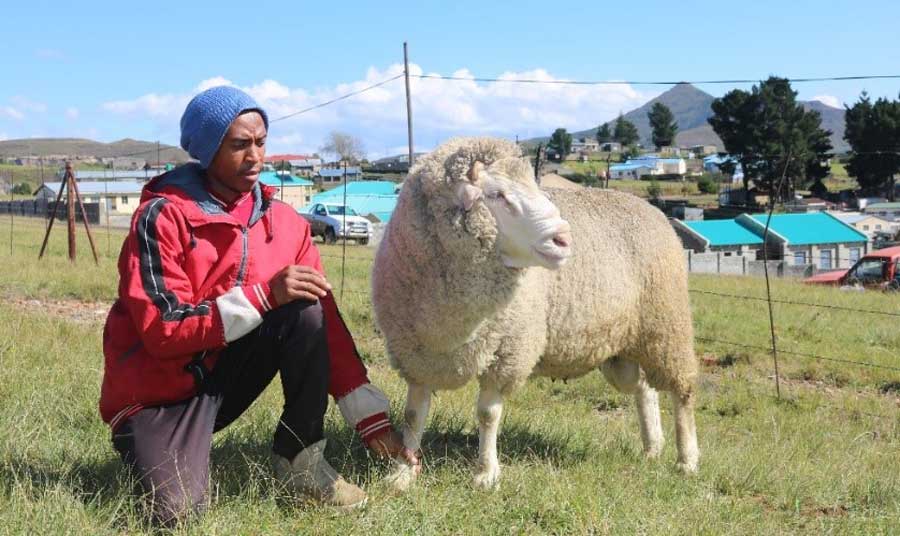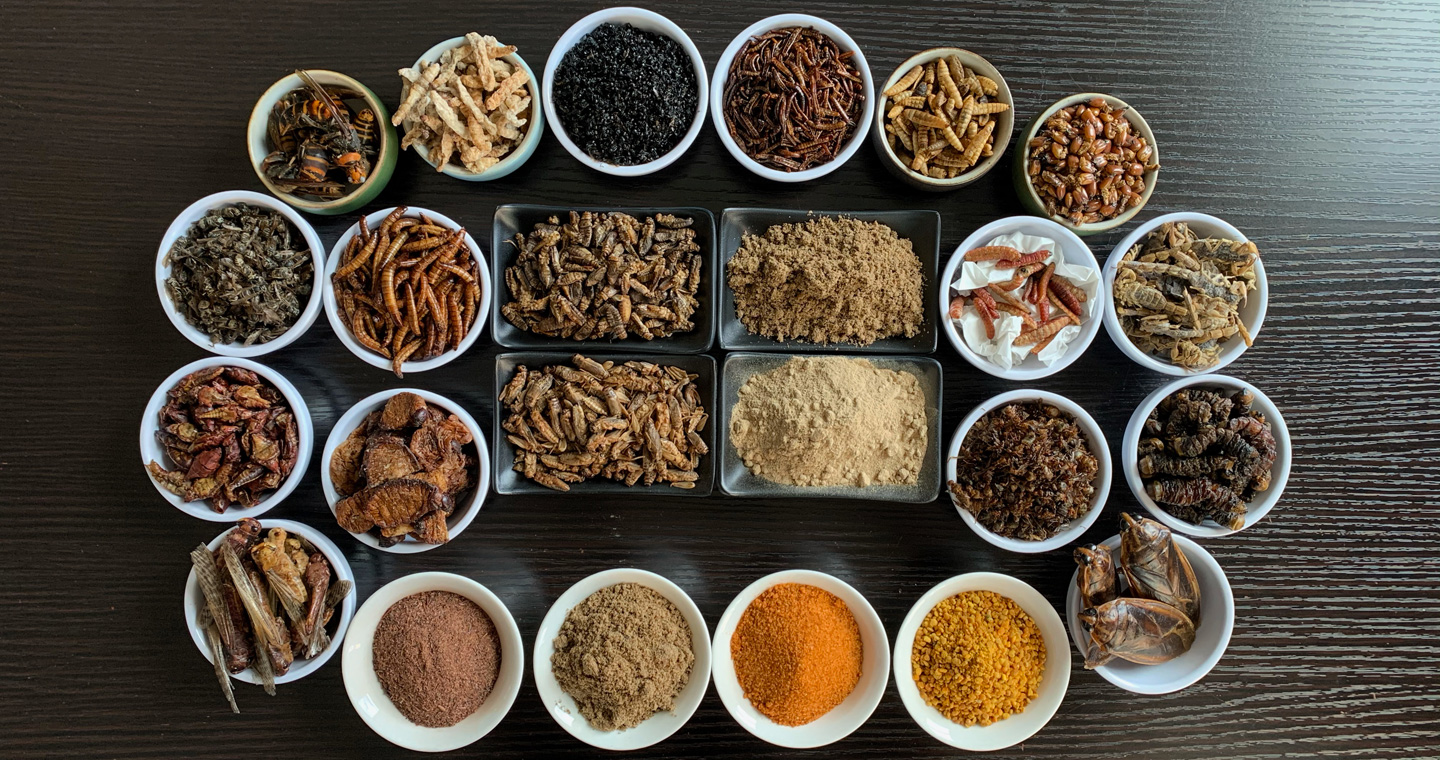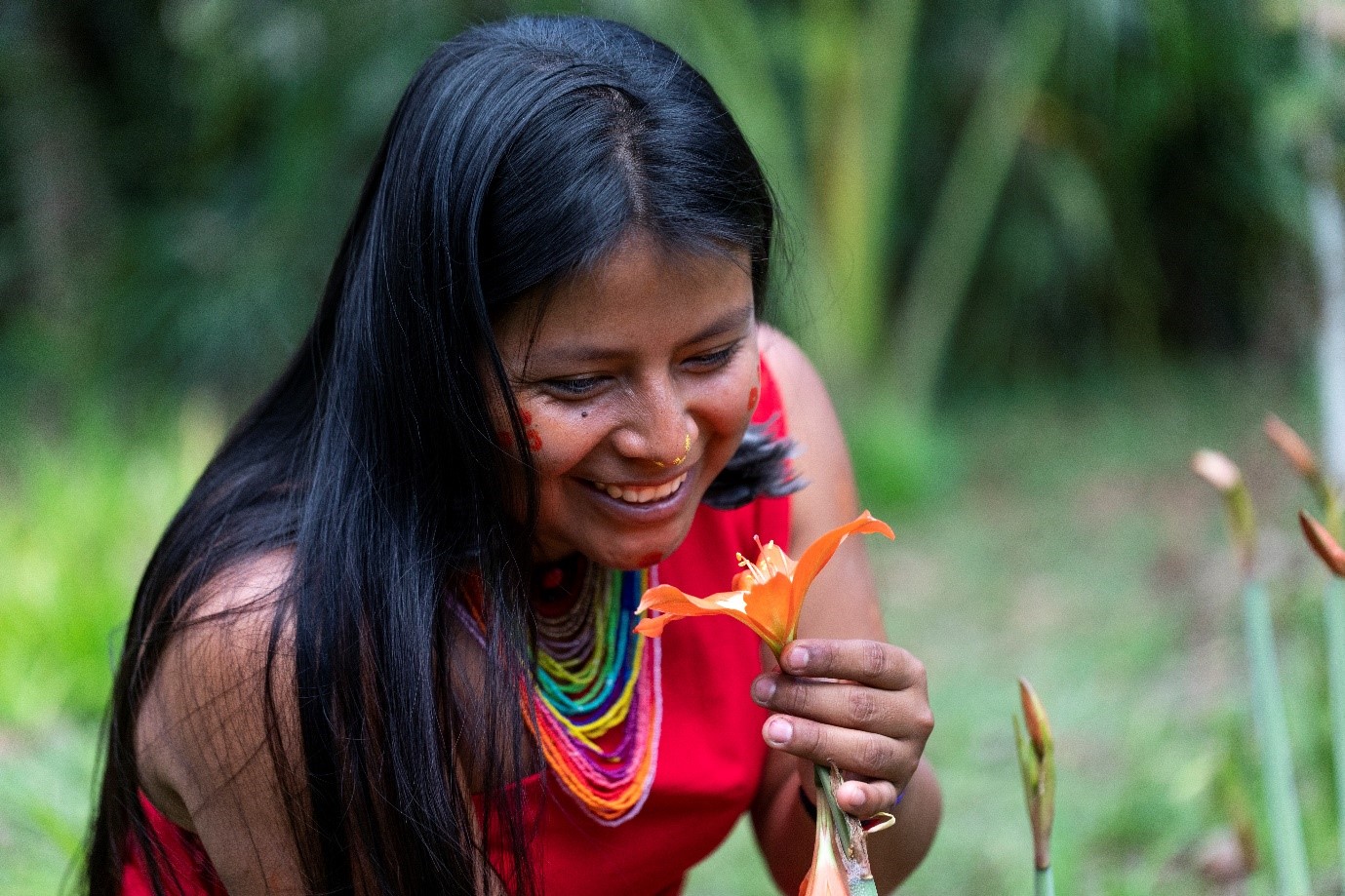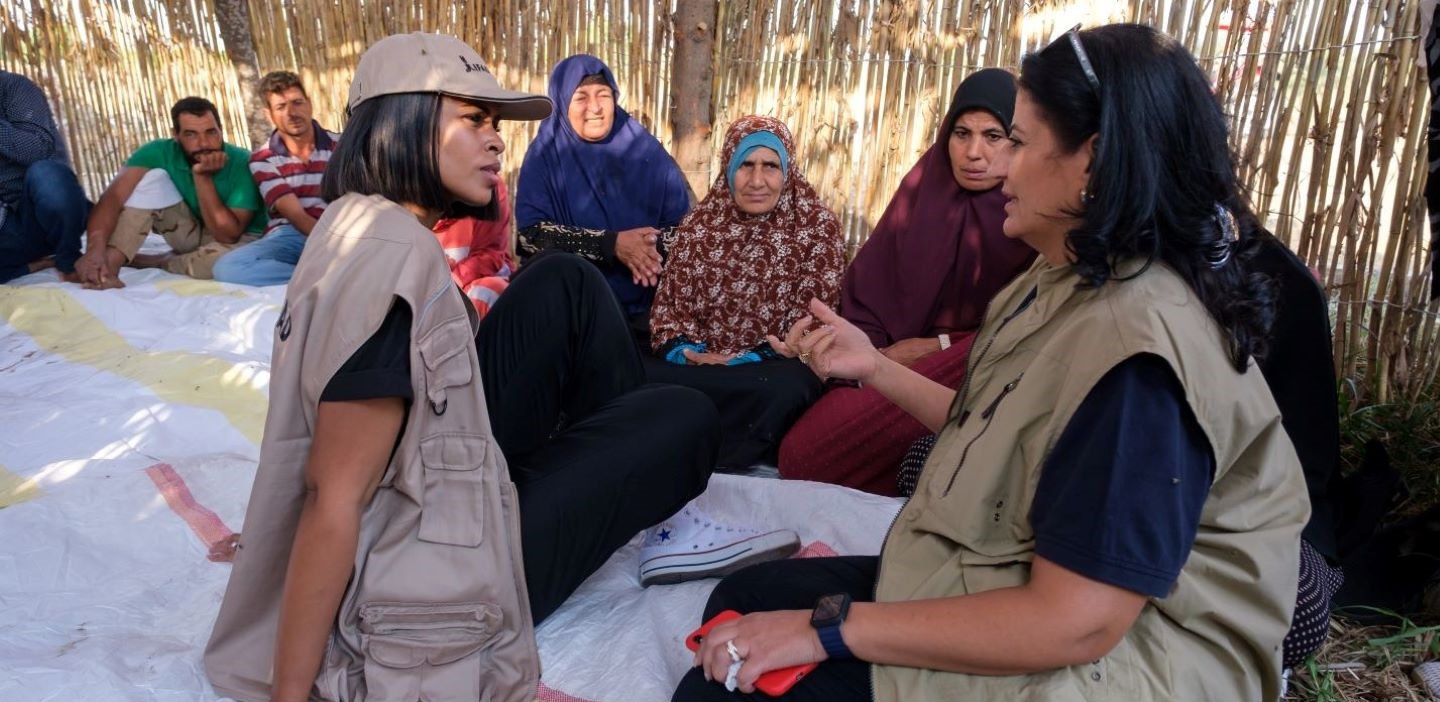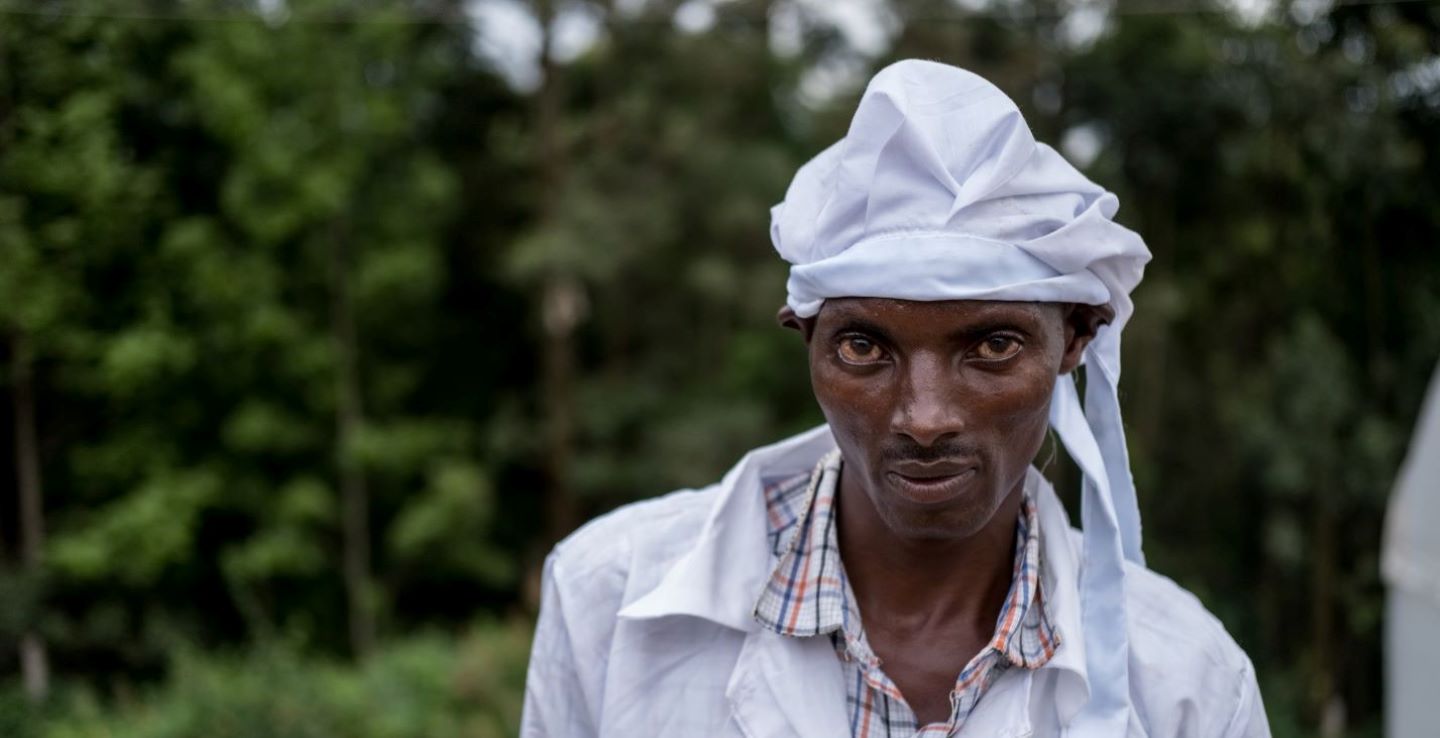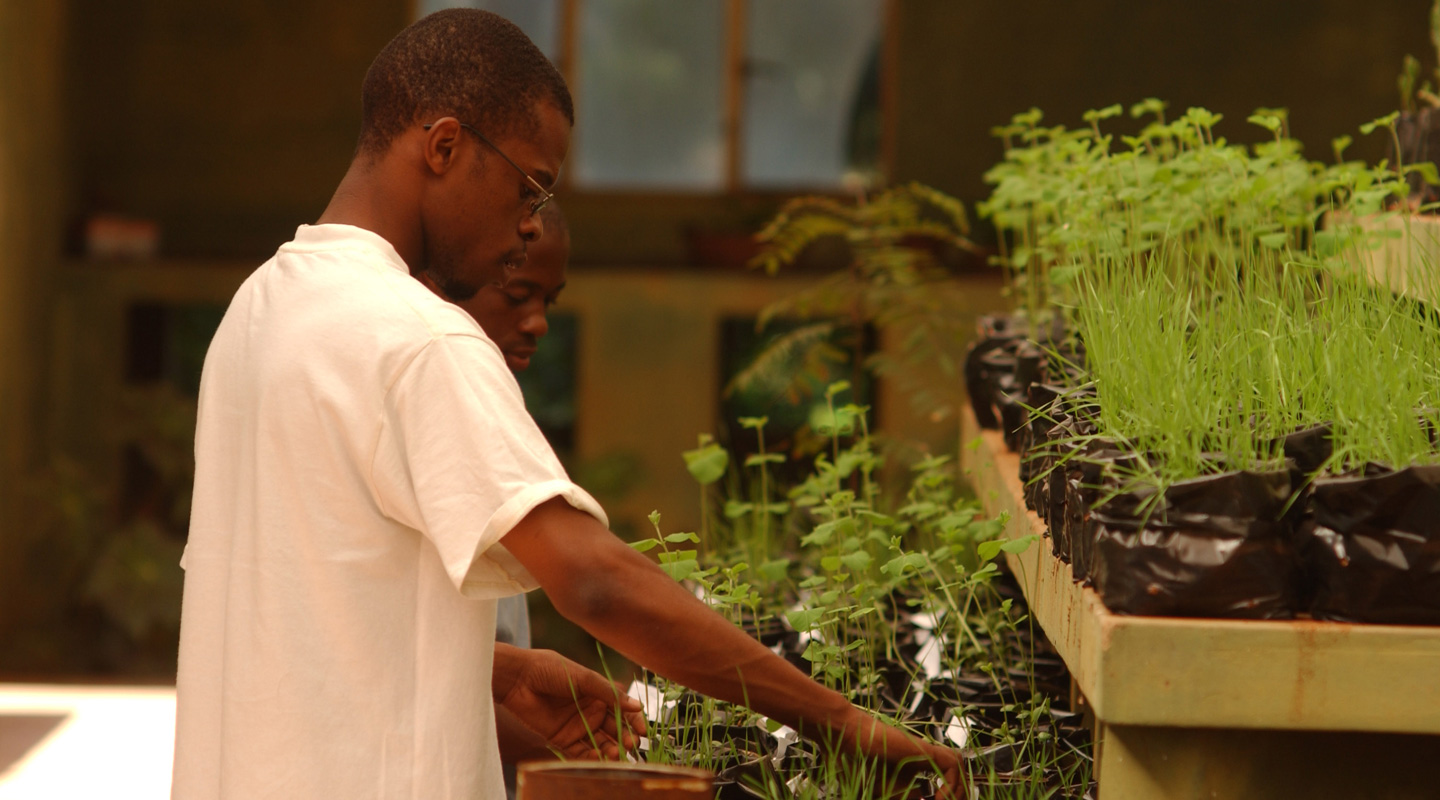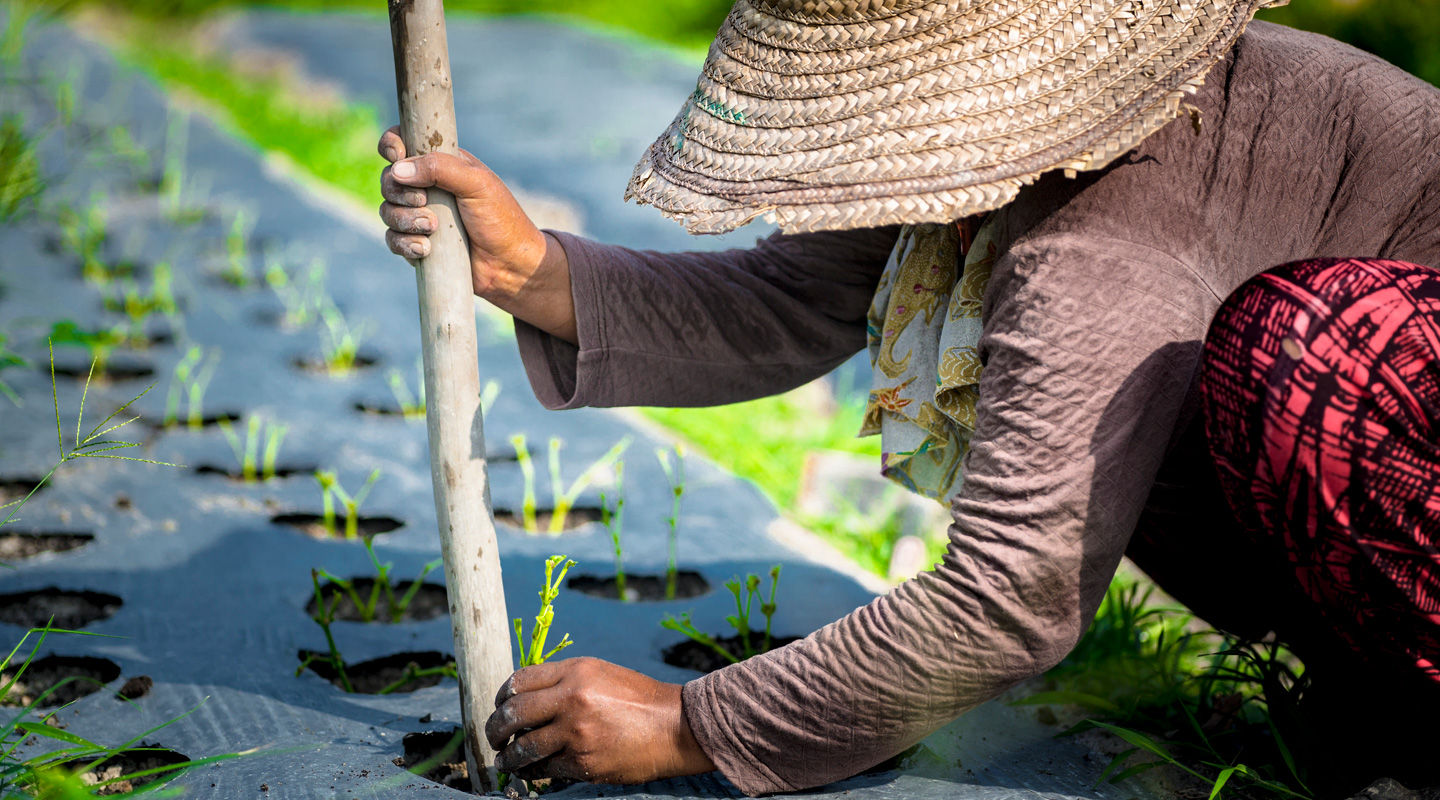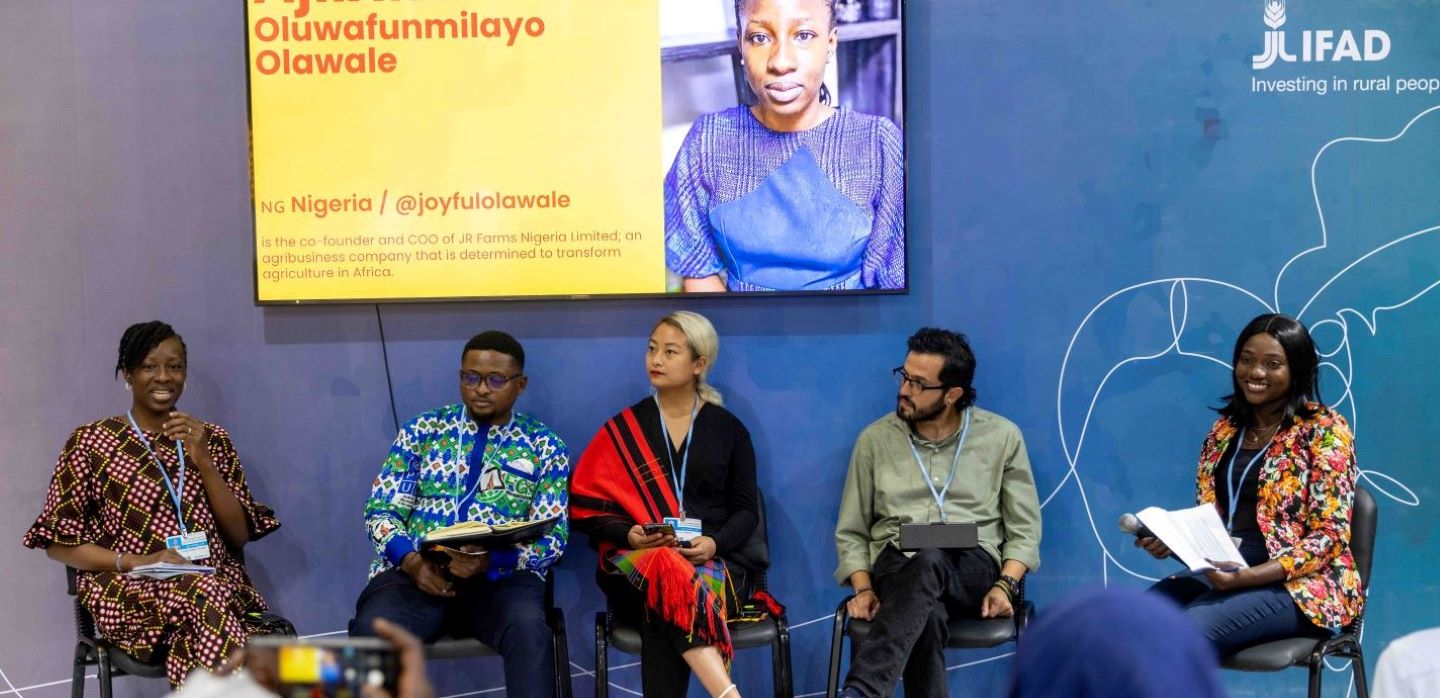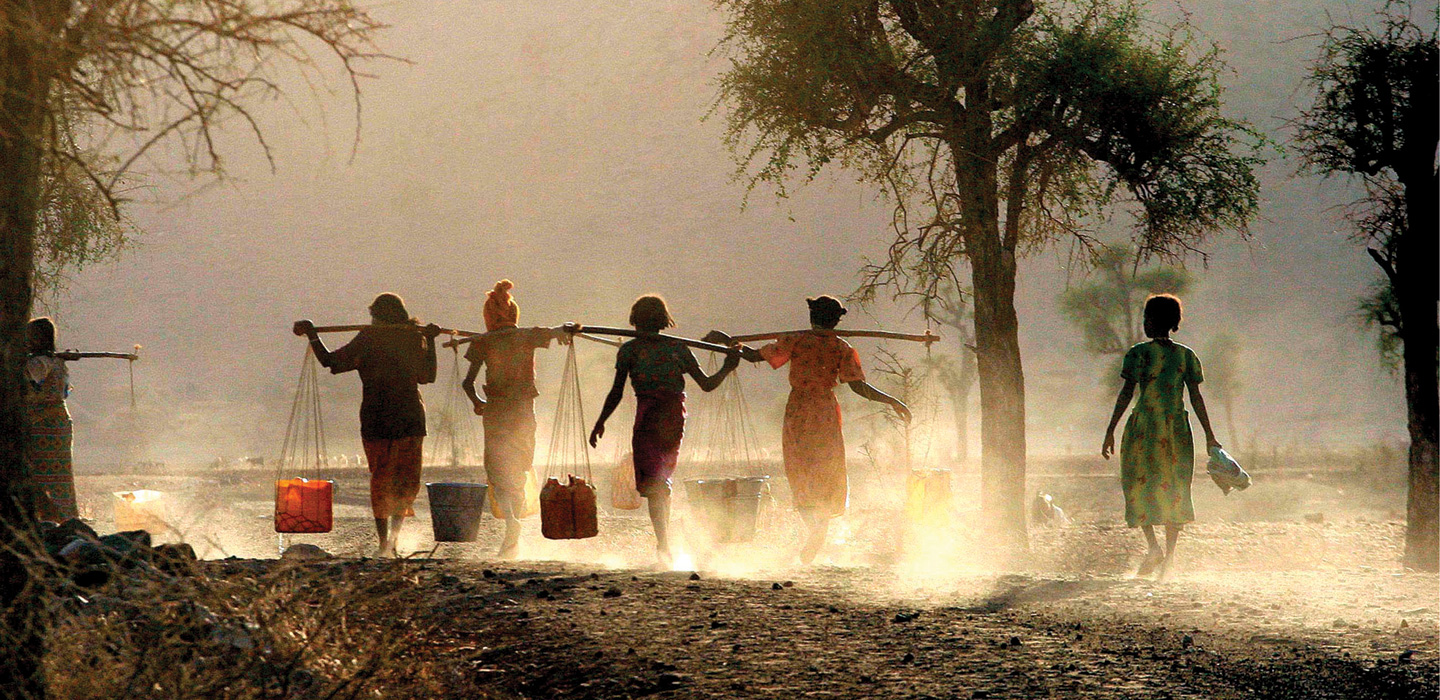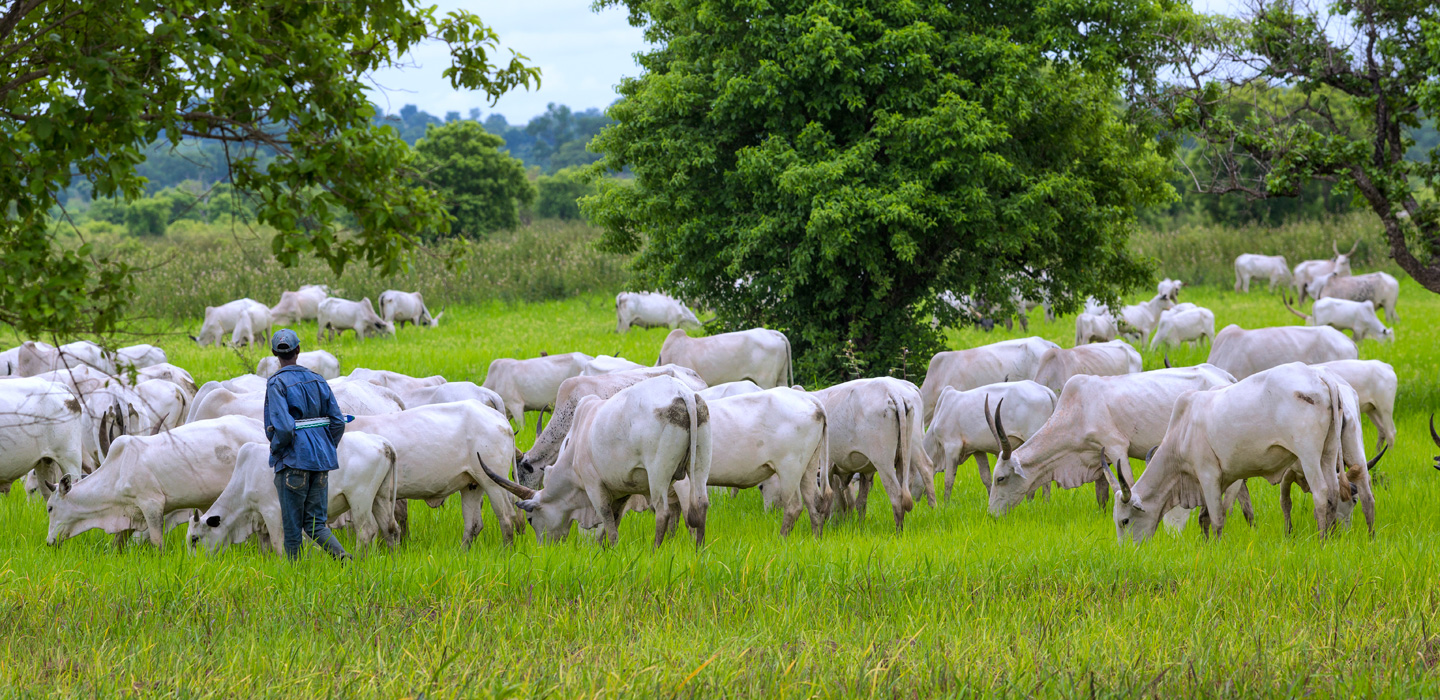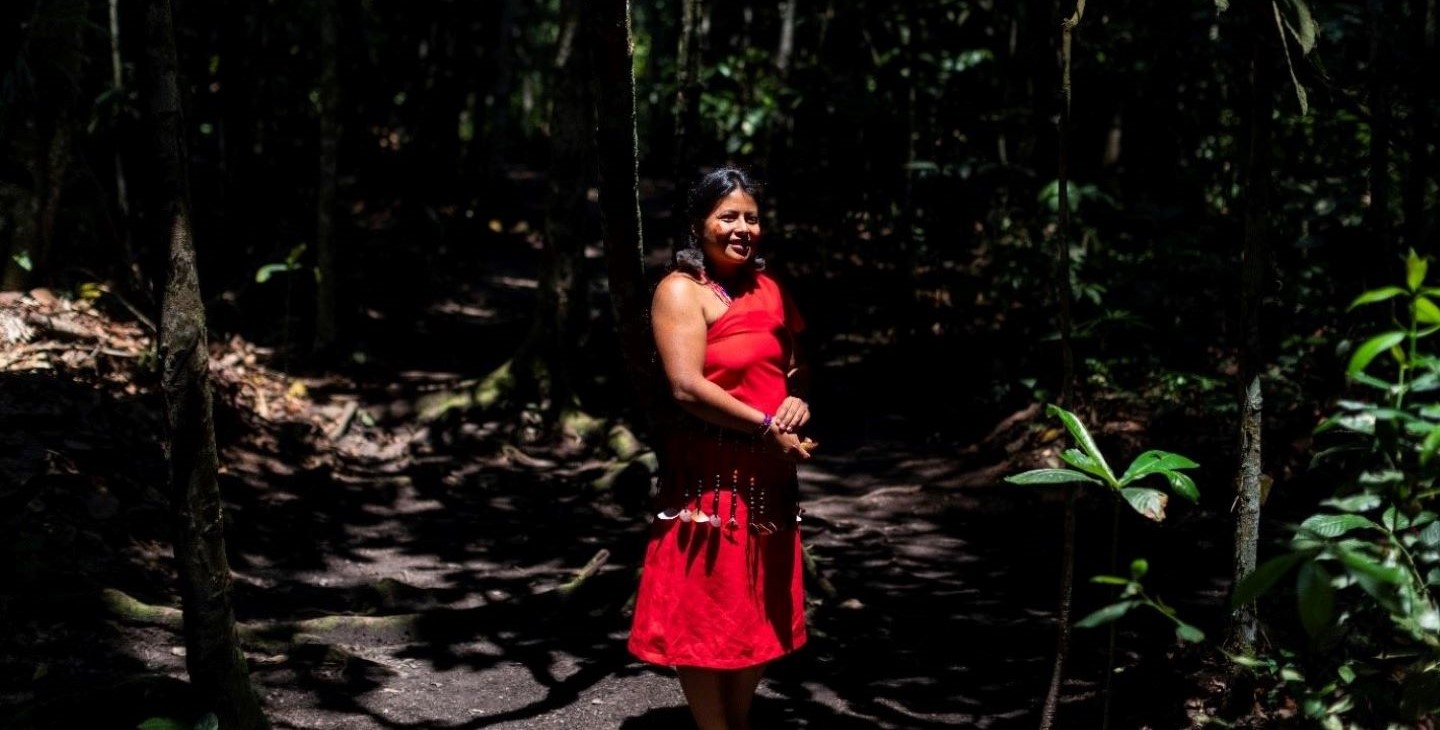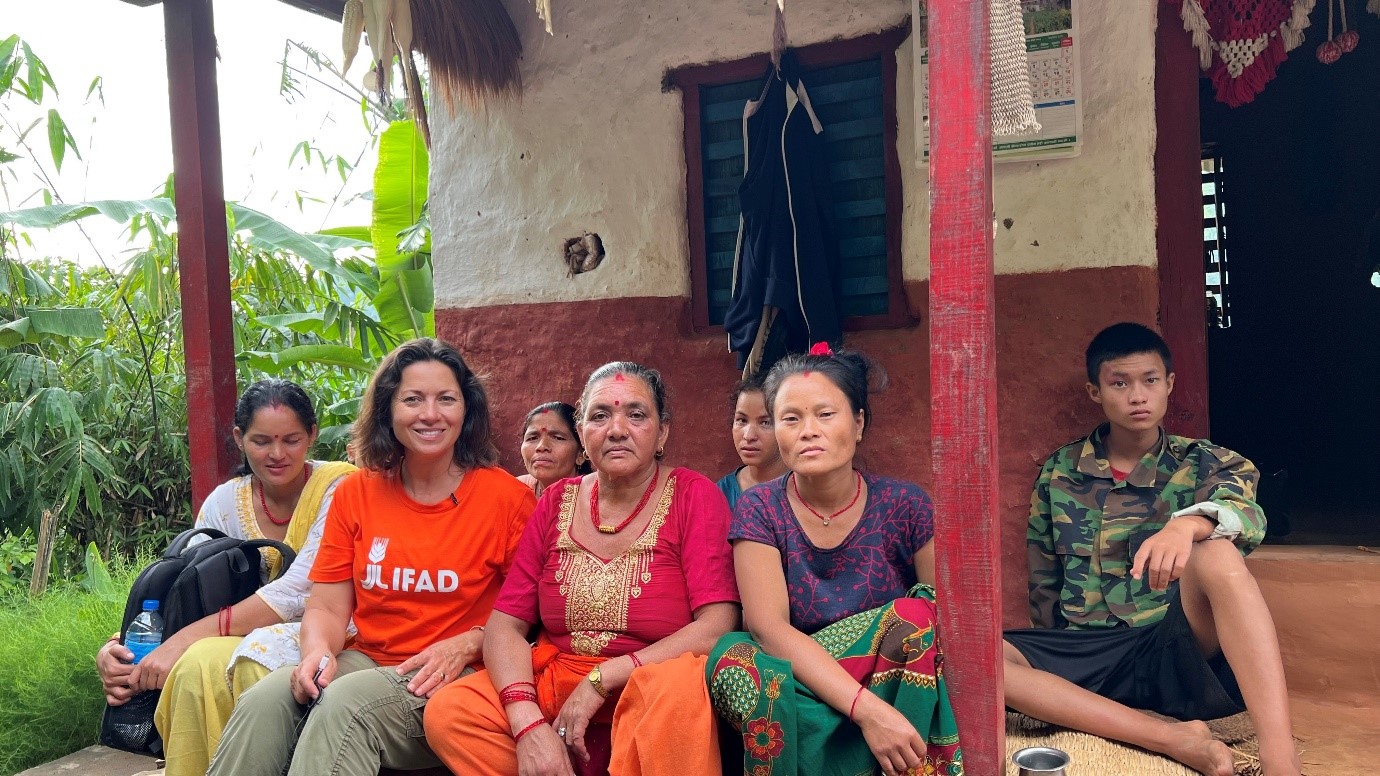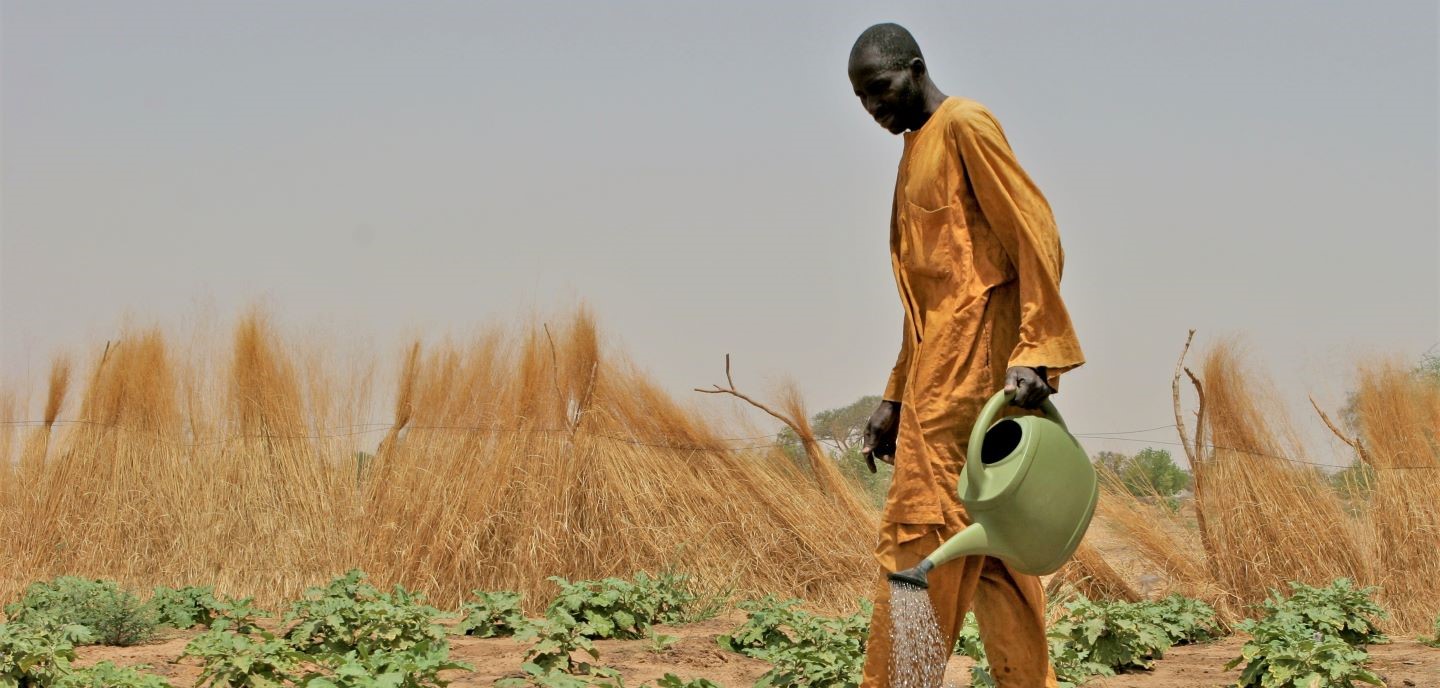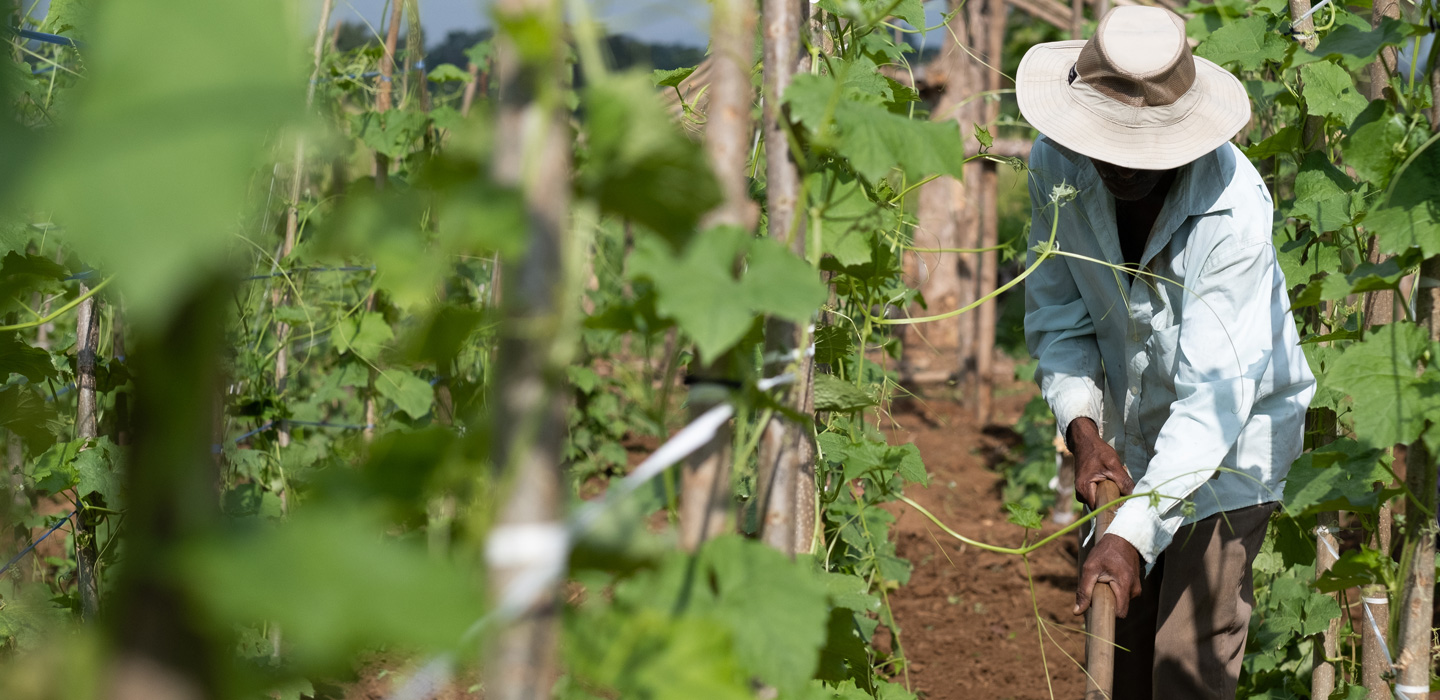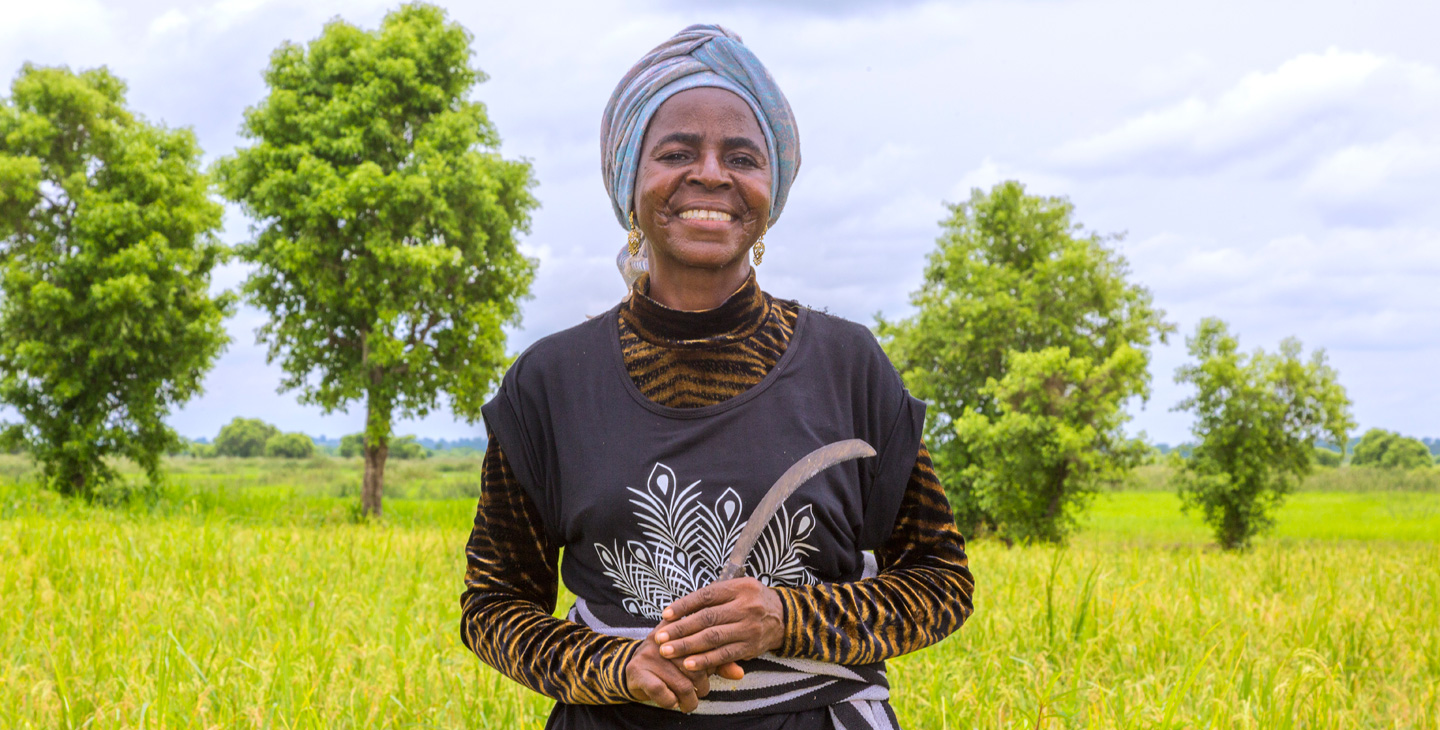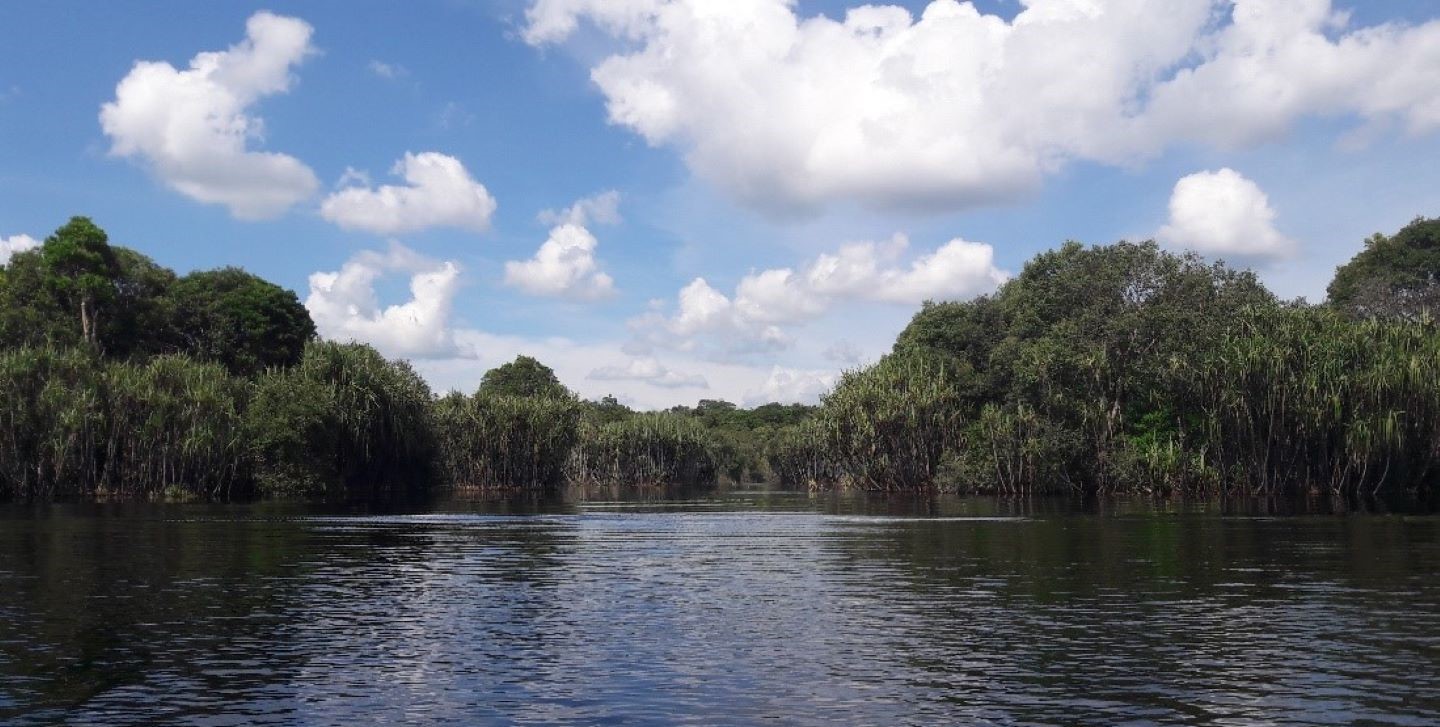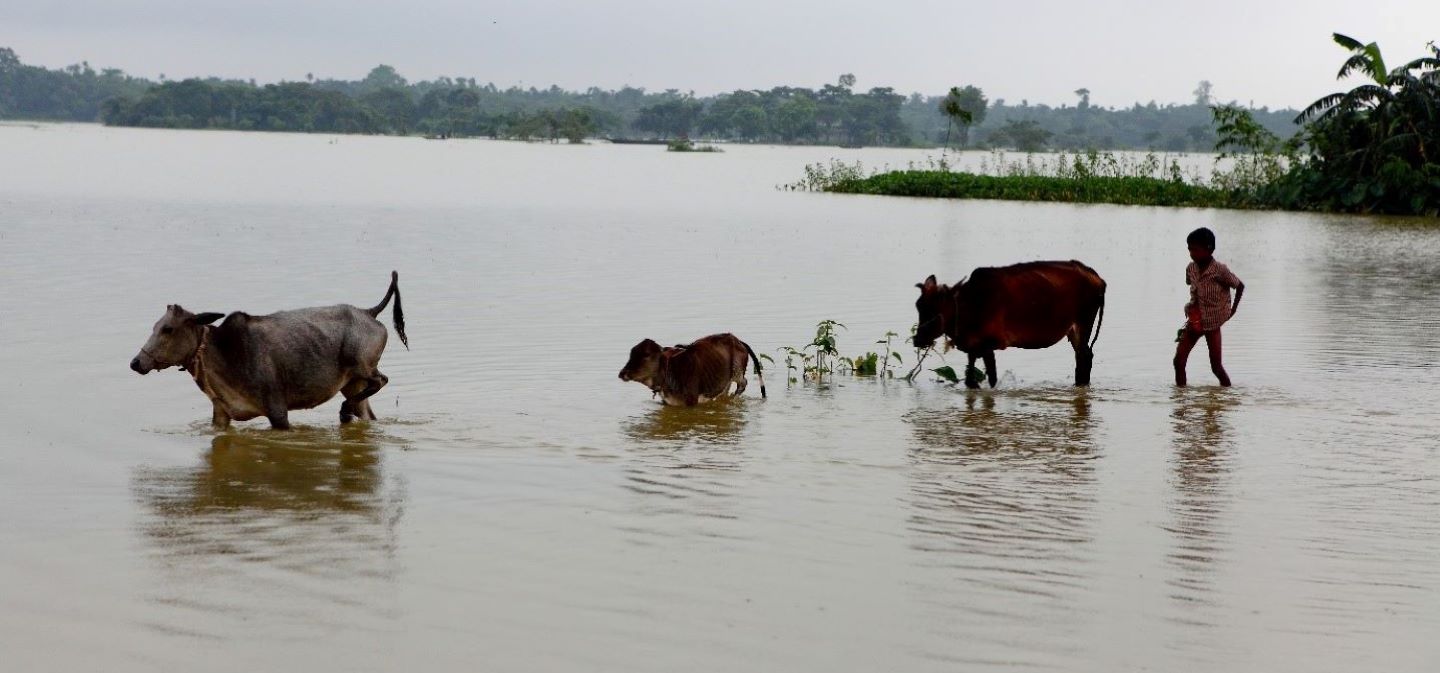Latest
Latest

Latest
Manual Submenu Topics
Search Results Filters
Search Results
Pueblos Indígenas de Bolivia logran un reconocimiento mundial por su gestión ganadera adaptada al cambio climático, con apoyo del FIDA
Gracias a su excelente gestión ganadera, adaptada al cambio climático, y la protección efectiva sus medios de vida y los ecosistemas, los Pueblos Indígenas de tres departamentos de Bolivia se hicieron merecedores del Premio de los Pueblos Indígenas, siendo así reconocidos como el proyecto con mejores resultados entre aquellos financiados por el FIDA.
IFAD substantially strengthens its investments in Somalia to help small-scale producers cope with climate shocks and food insecurity
As Somalia continues to experience a historic drought, pushing millions of Somalians into acute food insecurity, Alvaro Lario, President IFAD announced today during IFAD’s 46th session of the Governing Council that it will substantially strengthen its support to Somalia and resume its direct investments after loan arrears resulted in a three-decade long suspension.
How livestock in Lesotho is adapting to climate change
An IFAD-FAO study from Lesotho provides valuable insight on how to mitigate against climate change while sustainably producing enough healthy food for everyone.
Why insects are the next global superfood
IFAD helps rural small-scale farmers reduce emissions while adapting to climate change. Find out how rearing insects as human food and livestock feed can achieve these goals.
2022: Resilience in the face of adversity
As we near the end of 2022, IFAD looks back on some of the themes that defined a year of dramatic change.
Rising sea levels threaten Egypt's fertile plains in the Nile Delta
The Nile Delta is the breadbasket of Egypt, but climate change threatens agriculture here. IFAD is working to protect the land and improve the quality of previously infertile land. Sabrina Dhowre Elba, IFAD colleagues, and project coordinators and participants describe how this is changing people’s lives.
How disability and the climate crisis converge
18 million persons with disabilities are expected to be displaced by climatic events by 2050, we must urgently include them in climate action—both as participants and decision makers.
Global Environment Facility tasks FAO and IFAD to lead new $230 million agrifood systems transformation program
The initiative aims to support shifts towards sustainable nature-positive production and efficient value chains for crops, commodities, livestock, and aquaculture.
Building biodiversity for a successful farming future – Episode 38
This month we kick off with the Conference of the Parties on Biological Diversity, or COP 15, followed by three IFAD projects that put biodiversity and conservation at the forefront of their missions.
The youth weigh in on COP27
As today’s young people grow into tomorrow’s adults, the impacts of climate change are simultaneously growing and worsening. Rural youth are valuable contributors to climate action. At COP27, we showcased the lives and ambitions of young innovators and activists. Find out what they had to say.
Farmer organizations convene amid crisis to discuss support for small-scale farmers in East and Southern Africa
As crippling spikes in food and energy prices continue to hit East and Southern Africa, the devastating impact of climate change on the productive capacity of small-scale farmers has become an urgent issue. Therefore, IFAD and farmer organizations from the region are jointly convening the Regional Farmers’ Forum, in Dar es Salaam, Tanzania on 24 – 25 November, to galvanize greater efforts to build farmers’ resilience through partnership.
COP27 is over. Here are five things the world must do now to move forward
As the countdown clock to 2050 ticks ever louder, IFAD was at COP27 to share what we know about responding to climate change. Here are five solutions to help the world get back on track towards a more sustainable future.
UN's IFAD and the U.S. State Department help small-scale farmers to further reduce methane emissions
IFAD and the U.S. State Department announced a new partnership to support small-scale farmers in developing countries to better adapt to climate change and further reduce highly polluting methane emissions.
Saving the Amazon: The story of the indigenous women fighting climate change
In the heart of the Peruvian Amazon, a group of indigenous women are fighting climate change through reforestation and ancestral farming techniques.
Cooking at the top of the world: A family in Nepal share their story of climate resilience with Meteorologist Clare Nasir
Meteorologist Clare Nasir travels to Nepal where she shares a homecooked meal with a local family and discovers how rural farming communities are adapting to the threat of climate change.
Mind the Gap: Climate adaptation is falling far short of needs
To respond to the impacts of climate change that are already happening around us every day, we urgently need to invest in climate adaptation. UNEP’s Adaptation Gap Report identifies the gap between where we are and where we need to be. Jo Puri shares her impressions on what this year’s report reveals.
Why climate finance matters: Your questions answered
Climate finance is complicated, and we get a lot of questions about everything it entails. We’ve put together some answers to the ones we receive most often.
The UN’s Agricultural Development Fund finds that its investments in small-scale farming are net negative - according to new report
New research shows that investments in small-scale farmers and poor rural populations in developing countries over 20 years by IFAD sequestered more carbon and reduced more greenhouse gases (GHG) emissions than they emitted, proving to be effective in limiting climate change.
Climate finance keeps carbon where it belongs: underground
Climate finance is essential to prevent the worst-case climate scenarios from happening and to protect the most vulnerable people from a climate breakdown.
Financing resilience: how ASAP+ is helping rural communities adapt to climate change
When it comes to climate change, small-scale farmers are among the world’s most vulnerable communities. This is why IFAD focuses on climate resilient agriculture and climate finance through programmes like ASAP+.
